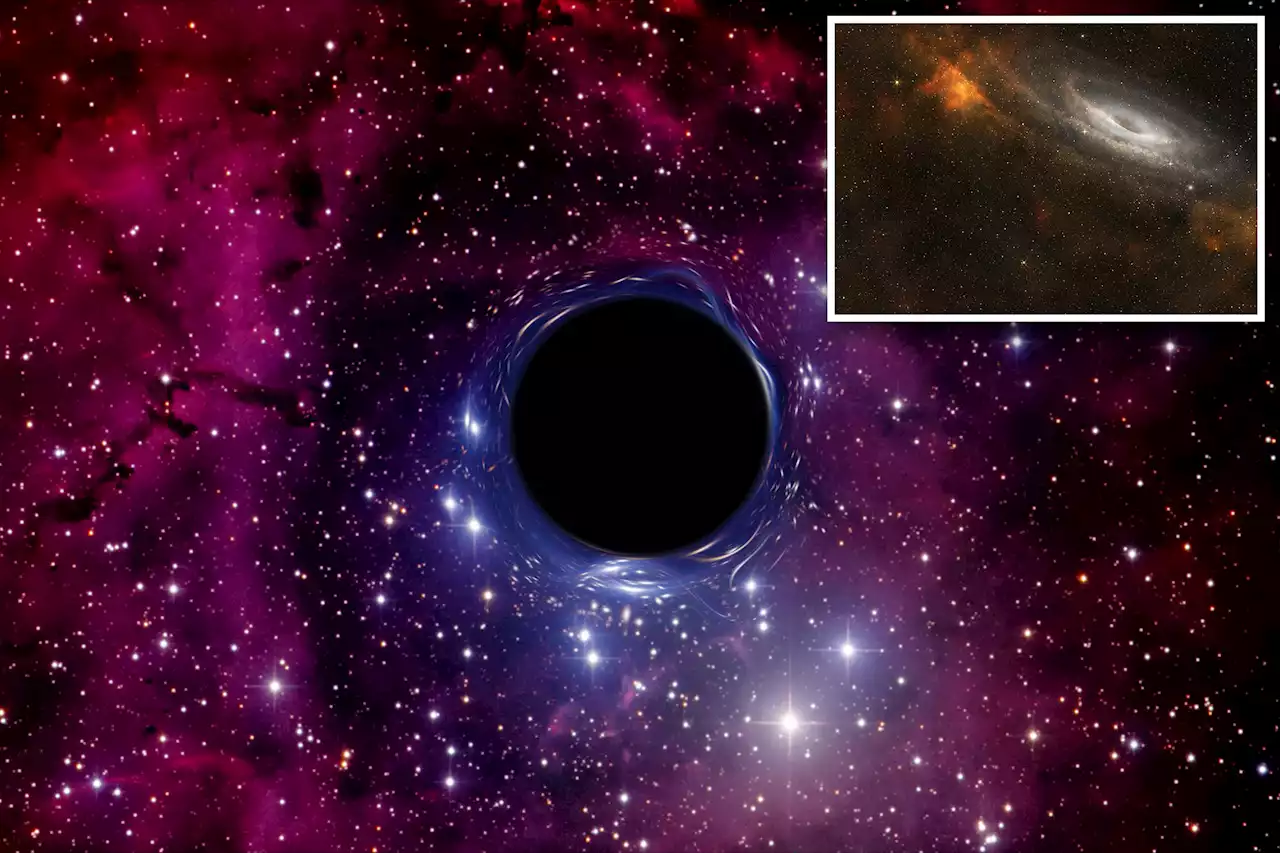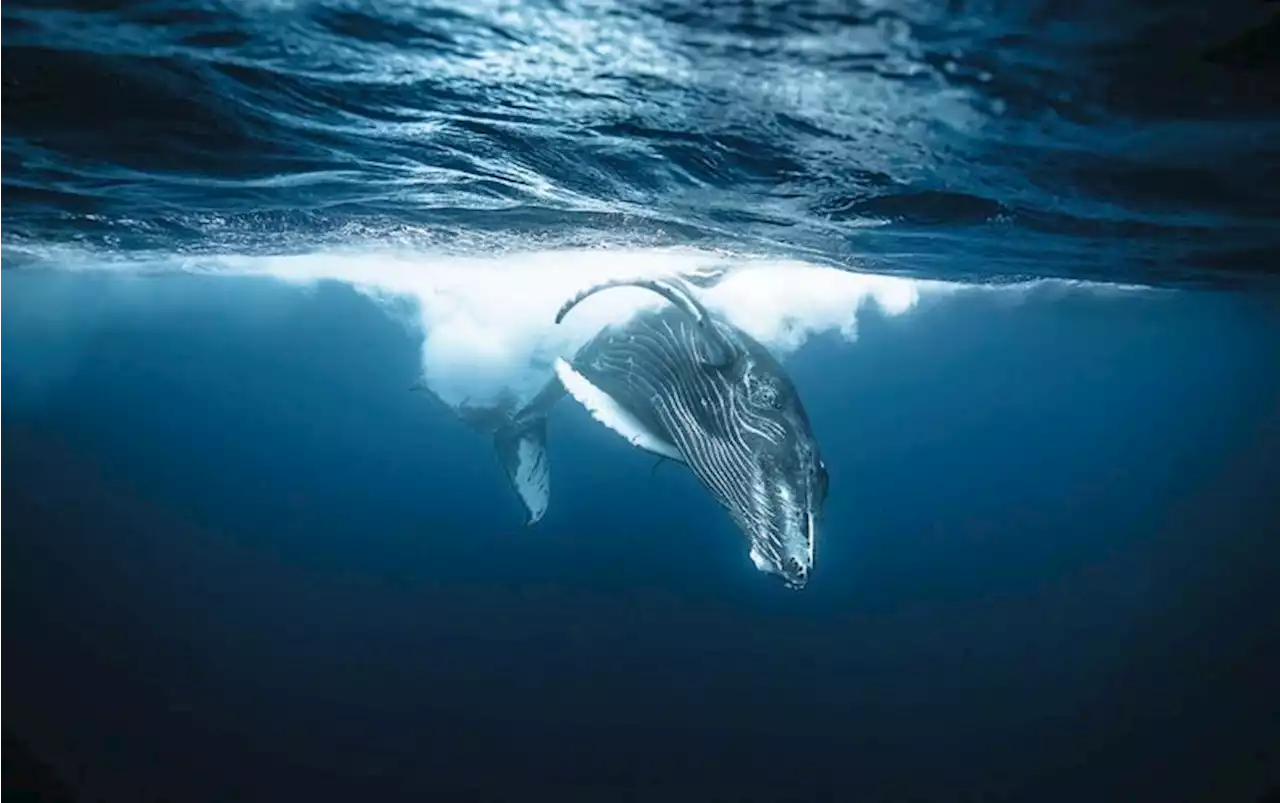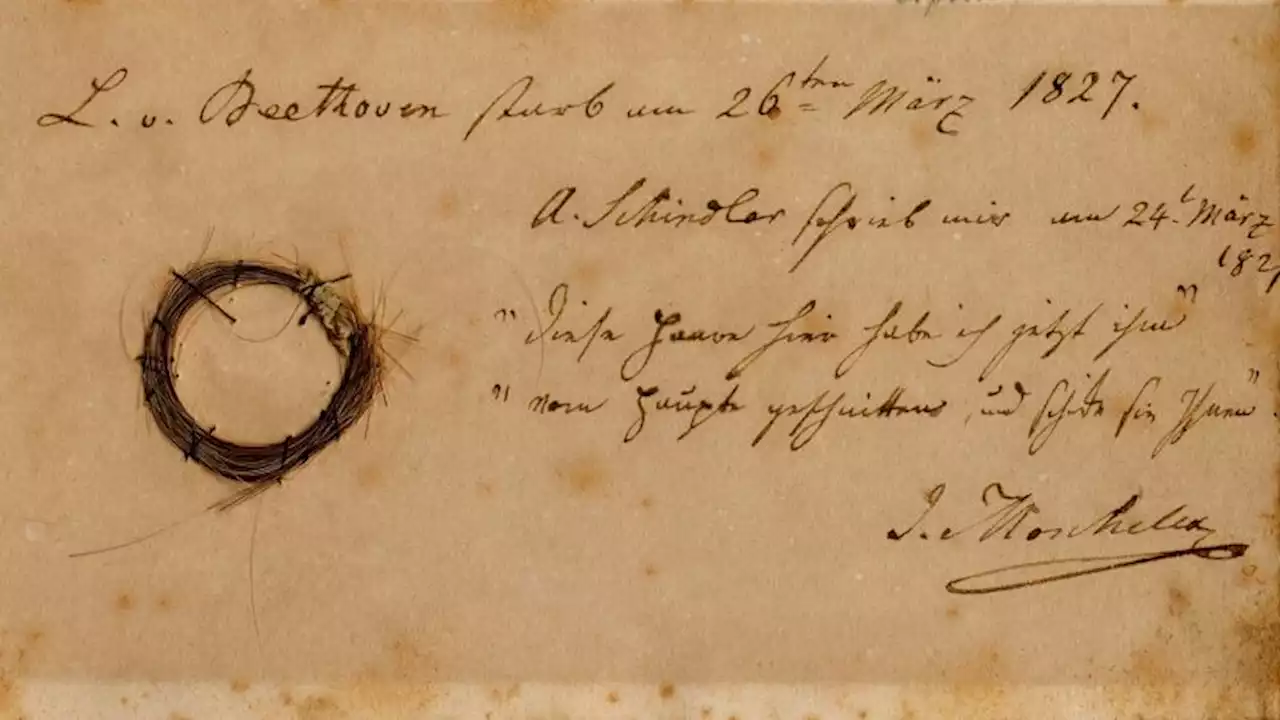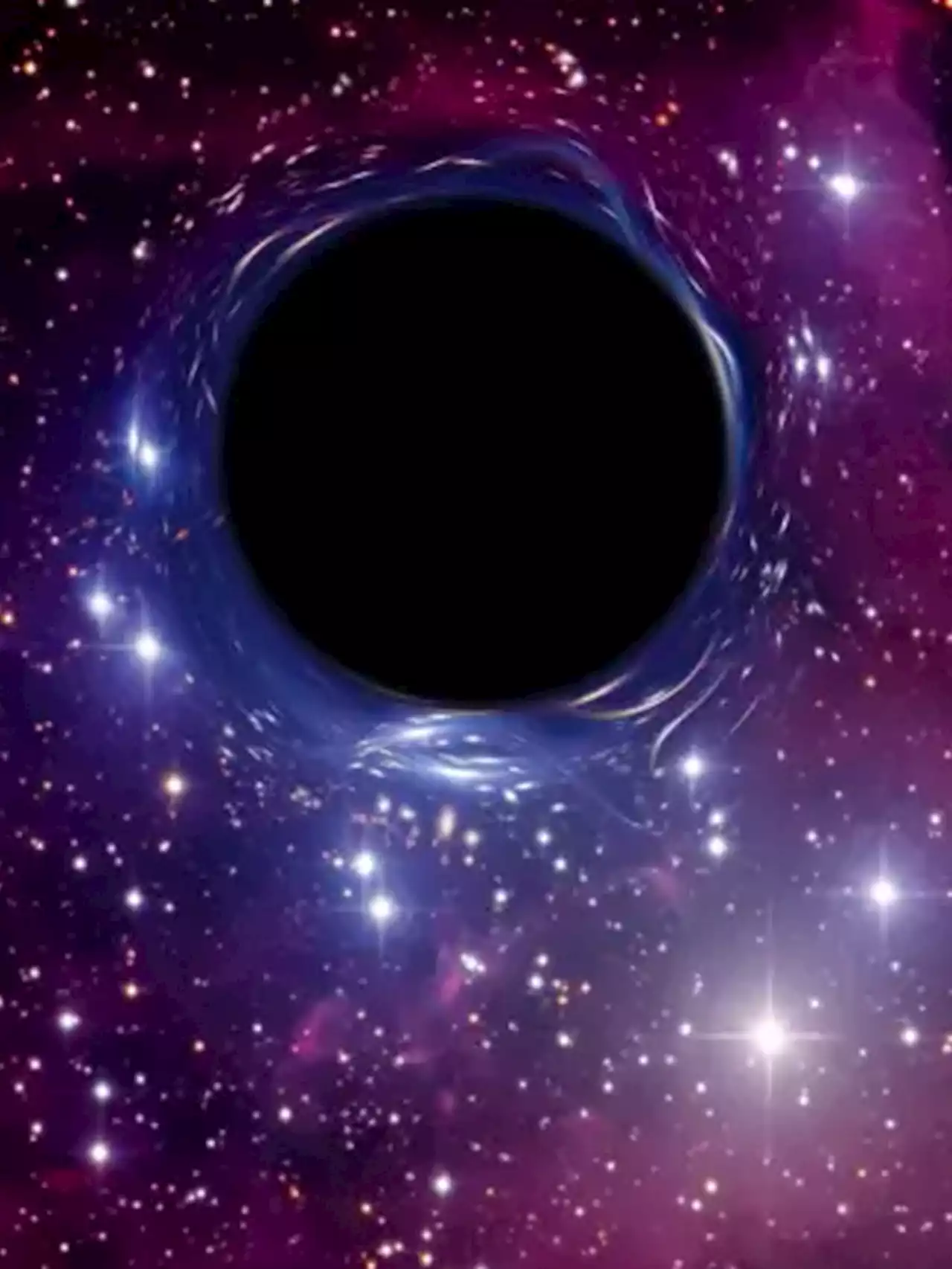Scientists revealed that galaxy PBC J2333.9-2343 has been reclassified after discovering a supermassive black hole that is currently facing our solar system.
"Our hypothesis was that the relativistic jet of its supermassive black hole had changed its direction, and to confirm that idea we had to carry out a lot of observations.”“The fact that we see the nucleus is not feeding the lobes anymore means that they are very old. They are the relics of past activity, whereas the structures located closer to the nucleus represent younger and active jets.”
The galaxy — about 657 million light-years away — was initially classified as a radio galaxy but scientists realized that the space phenomena had rotated 90 degrees and is now pointing its center towards Earth. Researchers at the Millenium Institute of Astrophysics now reveal that the galaxy stretches nearly 4 million light-years across — nearly 40 times the size of the Milky Way.
Scientists are currently unsure what sparked the change in direction, though several people believe that PBC J2333.9-2343 collided with another galaxy, resulting in the shift of direction.Breakthrough $3 drug may ‘switch off’ autism symptoms: discovery
Canada Latest News, Canada Headlines
Similar News:You can also read news stories similar to this one that we have collected from other news sources.
 Scientists discover supermassive black hole that now faces EarthThis is a galactic-sized problem.
Scientists discover supermassive black hole that now faces EarthThis is a galactic-sized problem.
Read more »
 No One Knows How the Biggest Animals on Earth—Baleen Whales—Find Their FoodHow do giant filter-feeding whales find their tiny prey? The answer could be key to saving endangered species
No One Knows How the Biggest Animals on Earth—Baleen Whales—Find Their FoodHow do giant filter-feeding whales find their tiny prey? The answer could be key to saving endangered species
Read more »
 'Scientifically Interesting' Asteroid Sailing Between Earth And The Moon TodayA large asteroid will safely zoom between Earth and the Moon on Saturday, a once-in-a-decade event that will be used as a training exercise for planetary defense efforts, according to the European Space Agency.
'Scientifically Interesting' Asteroid Sailing Between Earth And The Moon TodayA large asteroid will safely zoom between Earth and the Moon on Saturday, a once-in-a-decade event that will be used as a training exercise for planetary defense efforts, according to the European Space Agency.
Read more »
 Secrets uncovered as scientists explore Beethoven's DNA | CNNThis week, uncover secrets in composer Ludwig van Beethoven's DNA, meet the mice with two dads, enjoy a slice of 3D-printed cheesecake, learn the truth behind the haze in Claude Monet's cityscapes, and more.
Secrets uncovered as scientists explore Beethoven's DNA | CNNThis week, uncover secrets in composer Ludwig van Beethoven's DNA, meet the mice with two dads, enjoy a slice of 3D-printed cheesecake, learn the truth behind the haze in Claude Monet's cityscapes, and more.
Read more »
 Scientists create mice from 2 biological male parentsThe team, led by a professor of genome biology at Osaka University in Japan, generated eggs from the skin cells of male mice.
Scientists create mice from 2 biological male parentsThe team, led by a professor of genome biology at Osaka University in Japan, generated eggs from the skin cells of male mice.
Read more »
